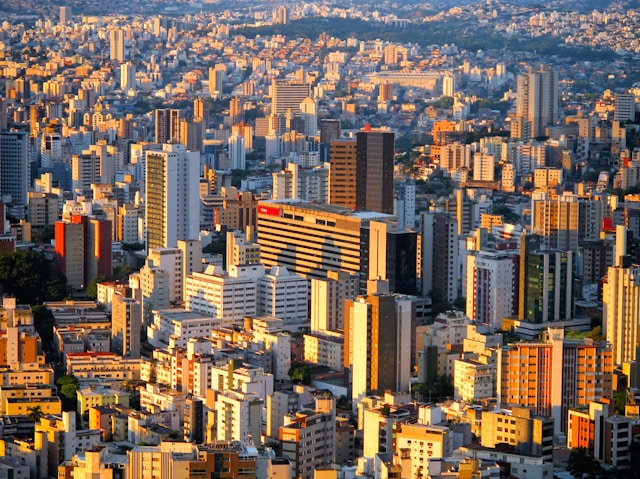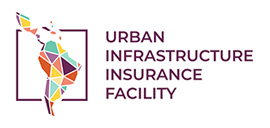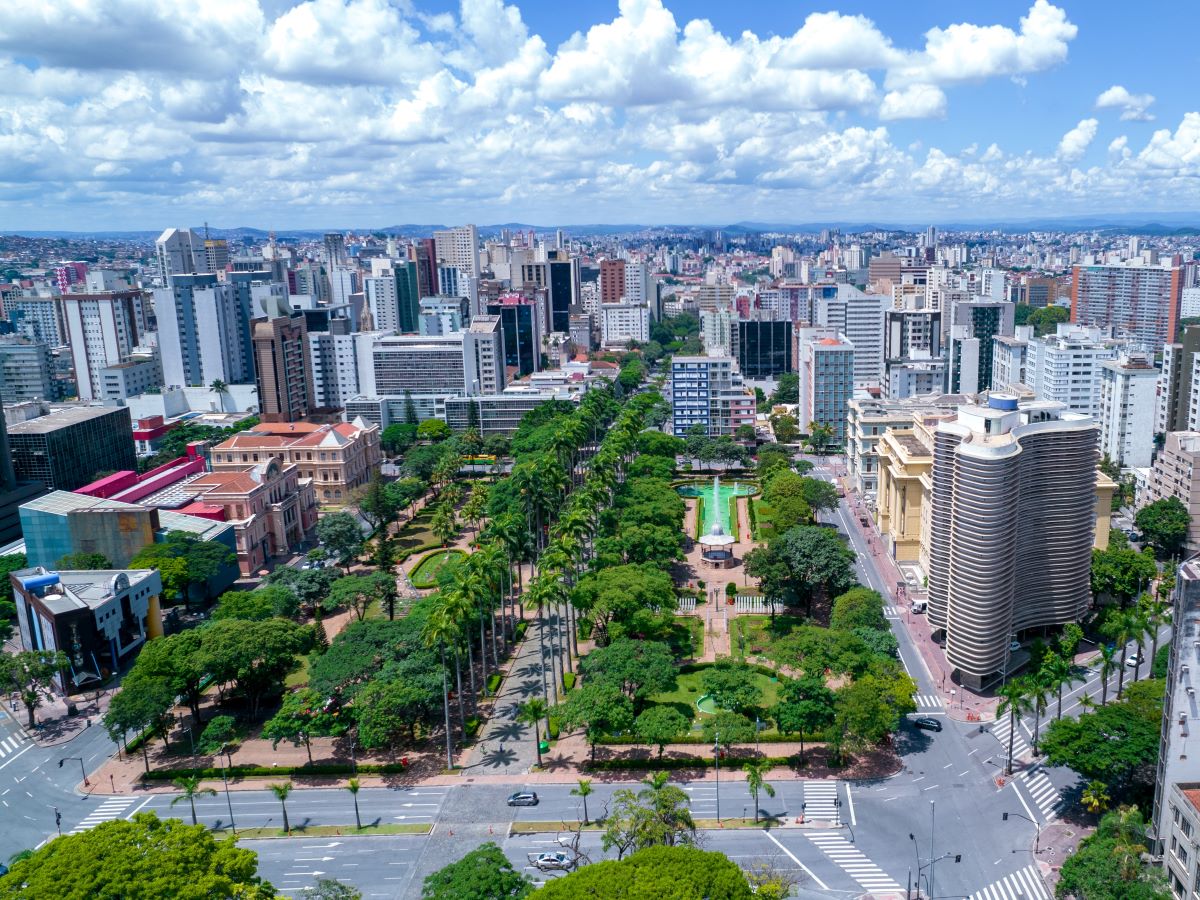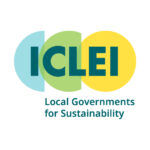
Belo Horizonte is the sixth most populous city in Brazil, with around 2.5 million inhabitants. Its economic focus is on the service sector, including commerce, industry, and public administration.
Due to its geographical location, it experiences a tropical climate, characterized by a rainy period that lasts from October to January. In recent years, rainfall rates have increased, making the rains more frequent and intense.
The city has been mobilizing to participate in projects aimed at mitigation and resilience, both at the national and international levels. Belo Horizonte’s engagement in these initiatives demonstrates the city’s commitment to tackling environmental issues and fostering sustainability.



